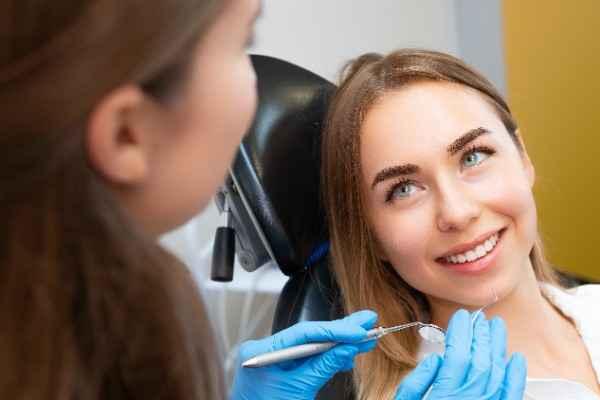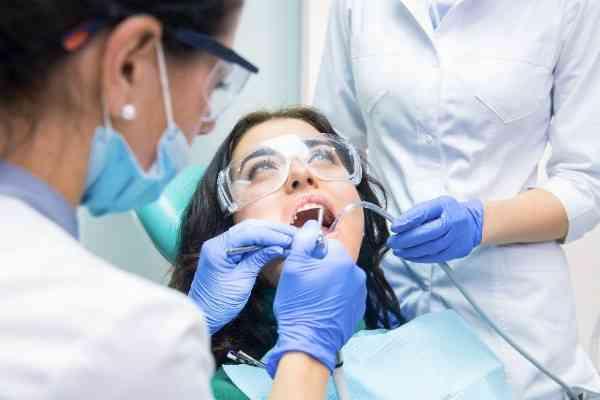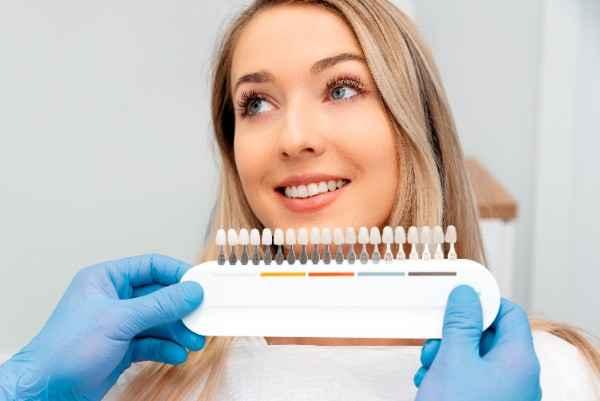Charcoal Teeth Whitening: Does It Really Work?

Teeth whitening is one of the most popular cosmetic dental treatments today, with countless people seeking ways to brighten their smiles. Among the many at-home approaches being circulated online, charcoal teeth whitening has gained significant attention. Activated charcoal-based powders, toothpastes, and strips promise to lift stains and improve the overall whiteness of teeth. But how effective is it really, and is it a safe option compared with professional treatments such as teeth whitening Edinburgh? This article explores the evidence, possible benefits, and risks to help you decide whether charcoal whitening is worth trying.
The Rise of Charcoal-Based Whitening
Charcoal has been historically used in medicine for filtering toxins, and its use in dental care is a modern twist on this ancient practice. Many patients have tried brushing with activated charcoal powders, while some products even combine charcoal with fluoride toothpastes. The idea behind charcoal whitening is that the porous texture of the charcoal is meant to absorb surface stains, giving the appearance of a cleaner and whiter smile.
The trend caught on quickly thanks to social media, with people sharing before-and-after results. However, dental professionals have raised concerns about both the safety and the effectiveness of this whitening method compared with professional solutions you would receive from a dentist. Some cases even lead patients to consult an emergency dentist in Edinburgh when damage occurred from aggressive or incorrect use of abrasive charcoal powders.

How Charcoal Whitening Is Supposed to Work
The theory is simple: activated charcoal binds to surface particles and stains, particularly those caused by foods, drinks, and smoking. By using a charcoal paste or powder, it’s believed that these stains will be lifted away during brushing. However, the key issue is that the whitening effect is mostly surface-level and not as deeply penetrating as peroxide-based whitening treatments.
Professional whitening treatments use bleaching agents that break down complex stain molecules below the enamel surface, offering long-lasting results. Charcoal cannot penetrate enamel in this way, meaning the effect is usually short-lived.
Possible Benefits of Charcoal Whitening
Patients are curious about whether there are legitimate benefits to trying charcoal-based products. While the overall evidence is mixed, there are some reported positives:
- Potential to remove light surface stains such as coffee or tea discolouration.
- A natural-based option that avoids bleach or harsh chemicals.
- Provides a temporary ‘polishing’ effect on teeth for a brighter short-term appearance.
These points may appeal to patients looking for a quick fix. However, using them as a replacement for professional treatments such as teeth whitening Edinburgh is unlikely to deliver consistent or medically safe results.
Video Link: Brighten Your Smile with Professional Teeth Whitening!
Risks and Downsides of Charcoal Whitening
One of the main concerns that dental experts raise about charcoal whitening is that it can be highly abrasive. Enamel, once worn away, does not regenerate. Repeated use of rough powders may gradually thin down enamel, exposing the dentine underneath and causing sensitivity. In the worst cases, improper or excessive use of charcoal-based products has led to chipped enamel, gum irritation, or even the urgent need for support from an emergency dentist in Edinburgh.
Charcoal toothpastes are also often formulated without fluoride, which plays a vital role in protecting teeth against decay. Regular use of such products could undermine long-term oral health, even if they temporarily appear to whiten teeth on the surface.
Professional Whitening vs Charcoal Whitening
To highlight the differences, here is a comparison between charcoal whitening methods and professional dental whitening in clinics:
|
Feature |
Charcoal Whitening |
Professional Whitening (Clinic) |
|
Mechanism |
Surface stain removal |
Penetrates enamel with peroxide |
|
Results Duration |
Temporary, short-lived |
Long-lasting (months to years) |
|
Safety |
Risk of enamel wear and gum irritation |
Supervised, safe, and controlled |
|
Fluoride Support |
Often absent |
Maintains fluoride protection |
|
Effectiveness |
Mild brightening only |
Significant whitening of several shades |
|
Cost |
Relatively inexpensive |
Higher cost, but with professional results |
This table makes it clear why teeth whitening Edinburgh delivered in a professional setting is considered the safer and more effective choice compared with DIY charcoal powders.

What Do Dentists Say About Charcoal Whitening?
Dentists are increasingly asked about their opinion on charcoal toothpastes and powders due to online trends. The consensus is that while it may help temporarily with minor stains, it is not medically recommended for long-term or dependable whitening. Dentists often caution patients that enamel erosion may not be visible immediately but will have long-lasting effects.
Furthermore, no major dental association currently endorses charcoal teeth whitening as safe or effective. Patients seeking whiter smiles are encouraged to use dentist-led treatments that not only improve aesthetics but also protect oral health.
Safer Alternatives for Whiter Teeth
Patients interested in brightening their smile have many safer and more effective options available. These include in-practice treatments, at-home trays provided by dentists, and professional-grade whitening strips under supervision. It’s also important to maintain excellent oral hygiene by brushing twice daily with a fluoride toothpaste and attending routine dental check-ups.
Other natural ways to reduce staining include limiting coffee, tea, and smoking, combined with regular hygienist appointments. Choosing these preventive options will help to maintain a healthy-looking smile without risking damage that could require an emergency dentist in Edinburgh.
Summary Points to Consider
- Charcoal teeth whitening may provide short-term surface stain removal but does not reach deep discolouration.
- Long-term use of charcoal can lead to enamel erosion, sensitivity, or even more serious oral health problems.
- Professional whitening treatments performed by a dentist in Edinburgh provide safer, longer-lasting, and more reliable results.
Conclusion
While the popularity of charcoal teeth whitening continues to rise, the evidence in favour of its effectiveness remains very limited. More importantly, the potential risks often outweigh the temporary cosmetic benefits. For patients seeking safe and lasting results, professional teeth whitening Edinburgh is the most reliable approach. If you are considering whitening or have concerns about your oral health, visiting a dentist ensures peace of mind and helps avoid unnecessary complications that could otherwise require emergency care. For trusted dental solutions, including whitening and cosmetic treatments, you can always count on EDE.
- Vibnix Blog
- Politics
- News
- Liberia News
- Entertainment
- Technology
- Образование
- Art
- Causes
- Crafts
- Dance
- Drinks
- Film
- Fitness
- Food
- Игры
- Gardening
- Health
- Главная
- Literature
- Music
- Networking
- Другое
- Party
- Religion
- Shopping
- Sports
- Theater
- Wellness



